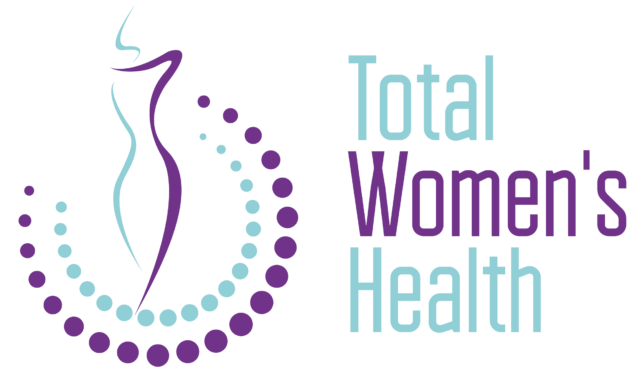What are bioidentical hormones and what is the difference between pharmaceutical bioidentical hormones and compounded bioidentical hormones? What should patients know about their benefits and safety?
Here we go:
Bioidentical hormones are a chemical structure, typically derived from a soy-based or yam extract, that is chemically converted to look like human ovarian hormones – most commonly estrogens, progesterone and testosterone.
The compounded bioidentical hormones typically include two types of estrogen – one called estriol and the other called estradiol. They are usually formulated in a combination – eight parts estriol and two parts estradiol. The total amount of hormone used may be based on patient symptoms and side effects and the compounding pharmacist has the ability to make any dose that may be desired. Because estradiol is typically estrogen that relieves symptoms and is well absorbed, keeping this in a low dose in what is called the Biest (by-est) combination. It is a weaker form of HRT and therefore has less side effects, but it also may have less symptom relief. Sometimes it is necessary for the pharmacist to increase the total dosage or percentage of estradiol. Some patients end up using only estradiol through their compounding pharmacy. These preparations can be absorbed transdermally with creams, troches or pellets, or taken orally.They also make a bioidentical progesterone in a slow-release form. Pharmacists can also compound testosterone and DHEA that can be used topically as a cream, or in a troche that is placed in the cheek for absorption, or as sublingual drops. Testosterone can also be used as a pellet, which is injected subcutaneously.
The compounded bioidentical hormones are touted to be safer, more natural and without risk of breast cancer. However, they have no large studies or data that confirms or supports their safety and more importantly, establishes their risk or potential harmful outcomes. Although their active ingredients are similar to conventional FDA approved bioidentical hormones, the combinations and vehicles by which they are compounded are not FDA approved. These products are generally not covered by insurance and do not come with a package insert. There is also an unproven practice of using salivary samples to assess product efficacy through hormonal levels. Studies that have been done show that saliva hormone testing doesn’t correlate well with serum levels and obtaining samples by saliva can lead to contamination thereby altering the results.
There remains an absence of large, well designed, randomized controlled trials on non-FDA approved bioidenticals, in part owing to the variability of hormonal content in these products. Also, there is question as to whether compounded progesterone in transdermal creams is adequately absorbed through the skin. Progesterone absorption is what protects the endometrium (the lining of the womb in patients who have a uterus) and helps prevent unopposed estrogen, which can lead to endometrial pre-cancers and cancers.
Celebrities, like Suzanne Somers, are expressing the safety of compounded bioidentical hormones without providing any substantiating information. Also, there are doctors who are making and selling compounded hormone replacement, creating an ethical issue. There have also been issues as to the actual preparing of these compounds as far as infection, contamination, etc., as the preparation methods are not regulated by the FDA.
FDA approved bioidentical hormones, which are preparations of estradiol and bioidentical progesterone, have been extensively studied and their therapeutic benefits have been confirmed. It has been determined, with a reasonable amount of certainty, their risk, their side effects and potential adverse outcomes. They are very similar to the compounded estrogens, except that they only have one estrogen estradiol instead of two estrogens like the Biest (which is a combination of estriol and estradiol). They also come in transdermal patches, gels and oral preparations. The progesterone is also bioidentical and the vehicle it is made with is a peanut oil. So for someone with peanut allergies, or GI side effects related to peanut oil, patients may need to use a compounded progesterone or a synthetic form of progesterone.
Pharmaceutical conventional bioidentical hormone treatment has been shown to reduce menopausal symptoms, as well as vaginal atrophy and bone loss, with patients showing improvement in mood, sleep and overall well-being. Their safety, efficacy and ethical issues are known through a large comprehensive study.
In summary, it is good to know that we do have a bioidentical hormone replacement, whose safety and efficacy has been studied and is well-known, as are the risks, side effects and complications of these products. There are excellent compounding pharmacies who have been certified by agencies that attest to the cleanliness and standards of preparation. Accredited pharmacies should be used by patients who choose to use compounded bioidentical hormones for personal desire, or because they don’t tolerate conventional bioidentical hormone treatment, who desire to add testosterone to their regimen or have a peanut allergy.
As always, before using hormones of any type, the patient should consult with her physician to fully assess her desires, exclude risk and discuss relative contraindications and appropriate follow-up.

